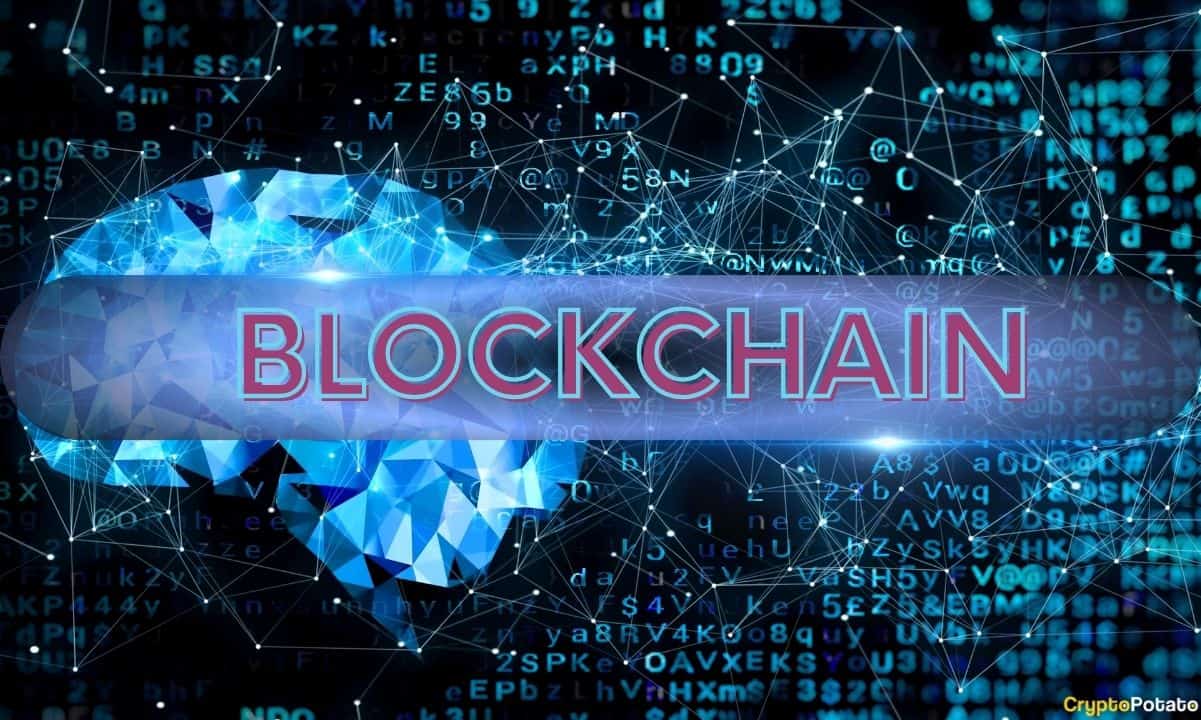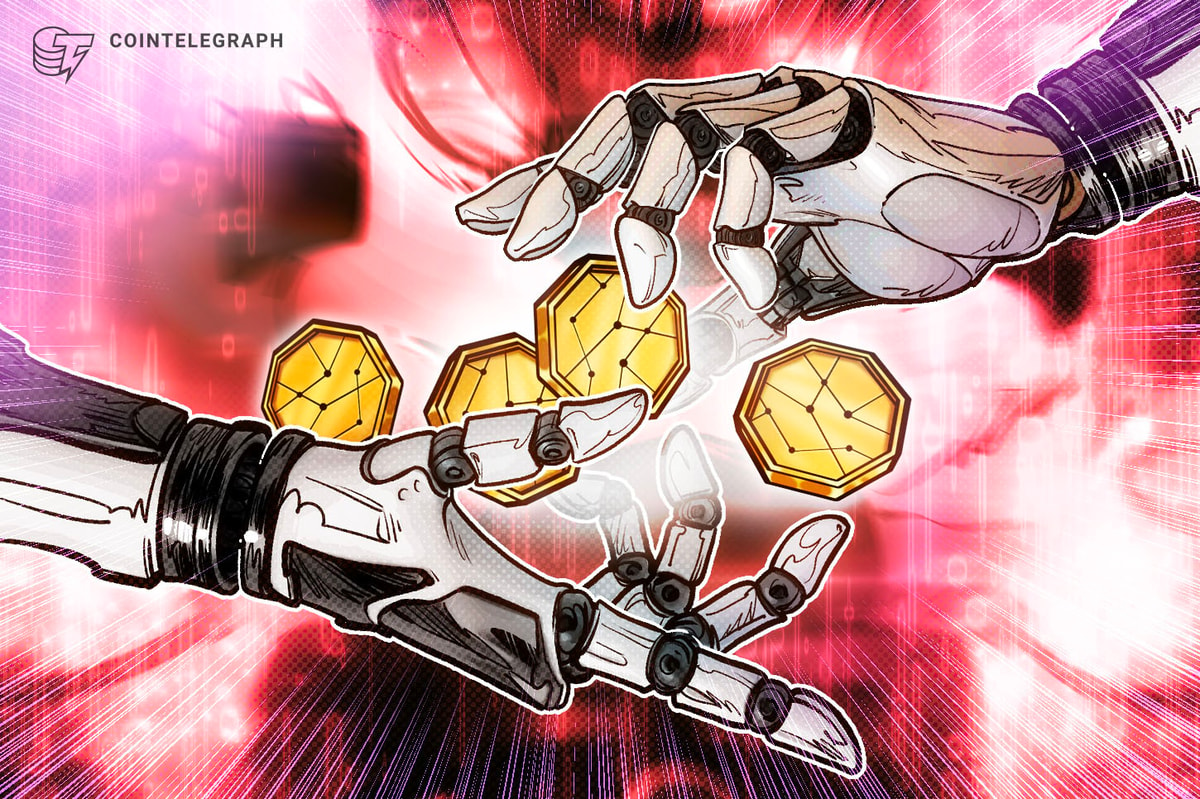Artificial Intelligence in Blockchain: A New Era
Introduction
In the face of declining prices in the crypto market and rising global interest rates, investors turned their attention to artificial intelligence (AI) this year. Bitcoin will remain the primary focus in the future; experts also suggest that AI will take center stage.
According to Nansen’s latest projection, AI agents will dominate the blockchain in 2024, contributing to a more secure and streamlined ecosystem.
AI Prominence
Nansen’s forecast for 2024 envisions a pivotal moment in technology where artificial intelligence takes center stage in shaping future possibilities. Despite the uncertainty surrounding the complete integration of AI and blockchain, the analytics platform said promising use cases are beginning to surface.
AI agents, with their capability to handle transactions, securely hold assets, and facilitate value exchange on behalf of users, are emerging as key elements. The foresight suggests a future where AI agents evolve into a primary category of users within the blockchain landscape.
The report also highlighted the importance of verification and risk management through cryptography in distinguishing between human and AI interactions within the blockchain. While AI facilitates specific applications in blockchain, cryptographic methods for identification verification play a vital role. Blockchains offer mechanisms to authenticate agents via various methods such as – cryptographic proof via digital signatures, IPFS & Merkle Trees, and zkML (zero-knowledge machine learning).
However, certain limitations persist. As such, Nansen analyst stated:
“Some of these cryptographic models will be trained and optimized (off-chain) using AI. If AI cryptographic models become performant enough in the future, will AI be able to manipulate ZK or other proofs?”
Token-Based Incentives
Nansen said that incentivizing AI models through token-based rewards is essential for enabling their autonomous functionality. By offering tokens as incentives, AI agents/models can be rewarded for achieving desired performance.
In the crypto market, tokens associated with AI projects, such as Bittensor (TAO) and Autonolas (OLAS), along with others linked to AI, are likely to continue gaining traction. The performance of AI project tokens, even in bearish market conditions starting from early 2023, indicates significant belief and momentum in the early stages of AI and blockchain. Established tokens like FET and AGIX are prominent in the higher-cap AI coin category.
While the current focus is on expanding the infrastructure of AI, Nansen said there is an anticipated shift towards prioritizing consumer-oriented applications that leverage the existing technological framework. It becomes clear that the challenge extends beyond infrastructure to identifying the intended beneficiaries and end-users of these applications.
Conclusion
In conclusion, the integration of artificial intelligence and blockchain is poised to revolutionize the industry. AI agents will dominate the blockchain in 2024, contributing to a more secure and streamlined ecosystem. Token-based incentives will play a crucial role in enabling autonomous functionality, and the performance of AI project tokens indicates significant belief and momentum in the early stages of AI and blockchain.
FAQs
Q: What is the current state of AI in blockchain?
A: According to Nansen’s latest projection, AI agents will dominate the blockchain in 2024, contributing to a more secure and streamlined ecosystem.
Q: What are the limitations of AI in blockchain?
A: Certain limitations persist, including the potential for AI cryptographic models to manipulate ZK or other proofs.
Q: How will AI models be incentivized in the future?
A: Nansen said that incentivizing AI models through token-based rewards is essential for enabling their autonomous functionality.
Q: What is the anticipated shift in the focus of AI development?
A: Nansen said there is an anticipated shift towards prioritizing consumer-oriented applications that leverage the existing technological framework.









